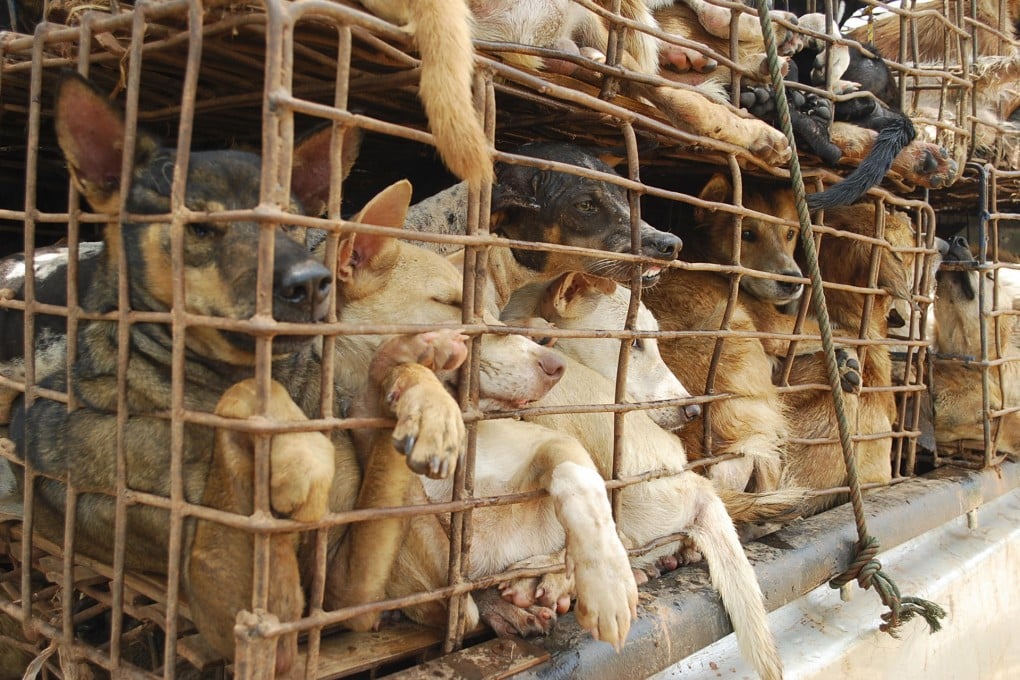For the love of dog
In Vietnam, an estimated five million canines - many of them stolen pets - are slaughtered and served in restaurants each year. Simon Parry meets some of the dealers who profit from the trade and those trying to stop it

In the searing heat of a late autumn morning in northern Vietnam, Nguyen Trong Minh grins as he leans back in a wicker chair outside his home and draws smoke from a large bamboo bong. Yesterday was a good day, he says. He sent nearly 400 dogs to their deaths.
His son and daughter play happily in the yard, oblivious to the noxious stench coming from a filthy caged enclosure behind them, in which 30 emaciated and traumatised dogs huddle and yelp.
"They've just arrived and they'll be next to go," Minh says, gesturing with his thumb towards the dogs. "In a few days' time, I'll have another 300 dogs ready for the restaurants in Hanoi. Times have been hard lately but business is still pretty good."
As he speaks, the pitiful howling of caged dogs being readied for slaughter echoes around Son Dong while a steady convoy of trucks and motorbikes with cages on the back rumble across the village's potholed tracks.
Minh is one of more than 40 dog traders in Son Dong, which lies 160km south of the capital, in Thanh Hoa province. It is the epicentre of Vietnam's massive dog-meat industry, which devours an estimated five million animals a year. For thousands of dogs, the village's miserable, unwashed pens represent the penultimate stop on a long and tortuous road to death.
Here, the terrified animals are kept for days. They have rice forcibly pumped into their stomachs - some suffocate in the process - to increase their weight before they are stuffed back in cages and trucked to restaurants and slaughterhouses, and sold for about HK$24 a kilogram.
When they arrive at a restaurant, each dog is beaten on the head with a metal bar and then has its throat cut before being put, often still conscious, into a barrel of boiling water. Finally, it is skinned in a revolving drum.